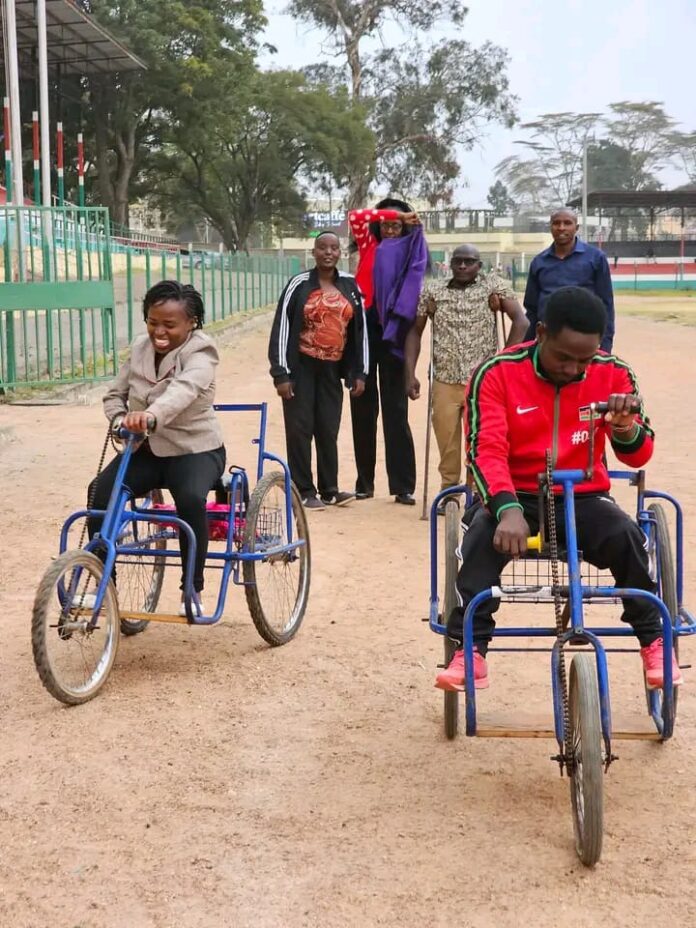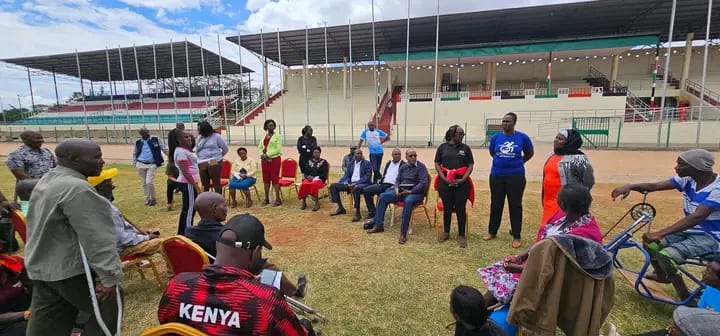
By Bernard Maluki, DevReporter, Narok County

Names of individuals mentioned in the in the story have been changed to protect them.
Key highlights
- There is a need to embrace diversity through encouraging a shift in perspective on PWDs.
- Society to recognise and acknowledge the unique talents and aspirations of every person.
- There is also a need to challenge stigma and stereotypes associated with PWDs through highlighting their experiences.
- Inclusivity as a shared goal should be encouraged by calling for a society where everyone, regardless of ability can live and thrive side by side, and champion equality as cornerstones of human experience.
In daily living, individuals navigate the world with unique challenges. However, in some of the cases, these challenges do not define the worth or potential of the individuals, especially if people shift their perspectives and embrace richness of diversity. This position is particularly true when it comes to Persons with Disabilities (PWDs).
According to the Kenya National Survey for Persons with Disabilities (KNSPWD), 4.6 percent of Kenyans have some form of disability. In Narok County, approximately 0.3 percent of the population have visual disability, while those with mobility disability account for 0.4 percent. Nonetheless, there are key issues and concerns that should be addressed in respect to people with disabilities, including their dignity, and rights.
Understanding the Individual

Jonathan, the representative of people living with disabilities in Narok county says that each person, regardless of ability, possesses a distinct set of skills, talents, and aspirations. He adds that by understanding and appreciating these unique individual qualities, we pave the way for a more inclusive society. Every person with disability needs to be recognised and treated well, he asserts.
Jonathan advocates that the county government needs to develop a legislative action plan to include PWDs in the development agenda of the county at all levels.
Fostering Empathy
Jonathan, who has mobility difficulties, further says that people with disabilities do not need sympathy, but rather respectful interactions with people. In these interactions, he advises people to put themselves in the shoes of the PWDs in order to foster understanding
Challenging Stigmas
Josephine has experienced stigma due to her disability. “We are not beggars. People should understand that just because one cannot see or walk, we possess distinctive skills or knowledge. I speak out of experience.”
Society often perpetuates stigma surrounding disabilities. But it is imperative that members of society challenge stereotypes against PWDs that lead to stigma by amplifying diverse voices and stories.
Empowerment Opportunities
Equal opportunities empower individuals to reach their full potential, whether in education, employment, or social activities. There should be continues advocacy for inclusive practices that provide PWDs with chances to thrive. Embracing diversity strengthens the fabric of our communities.
Together, let us champion the cause of equality and make inclusivity a cornerstone of our shared human experience.





